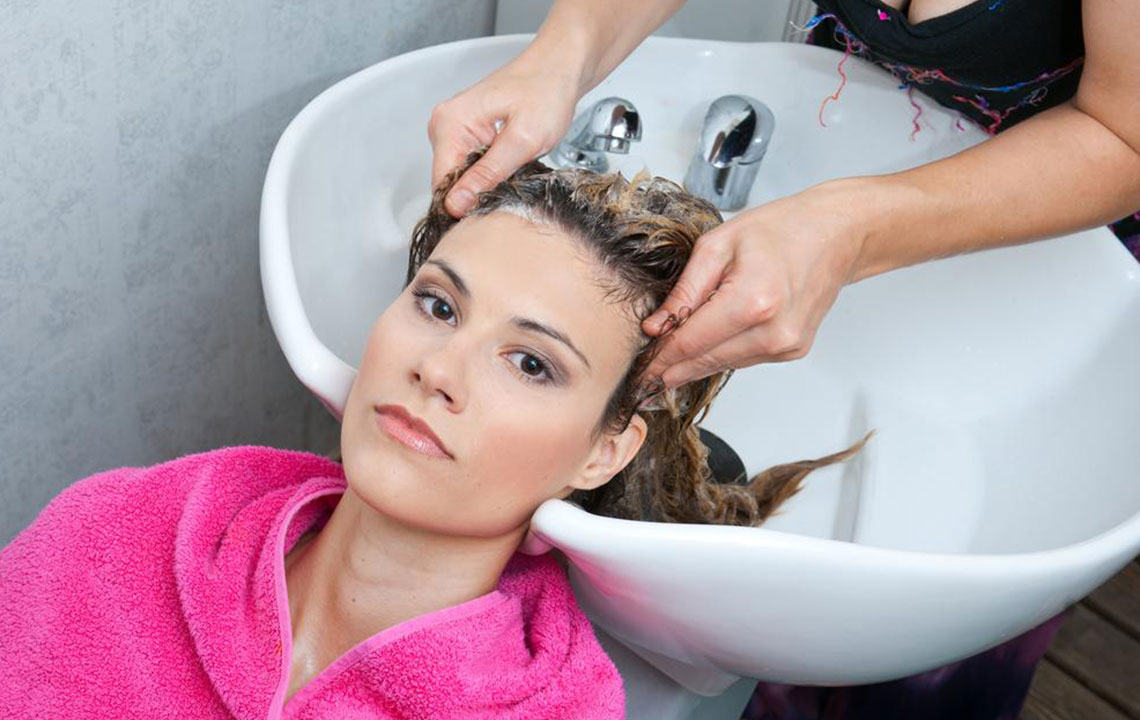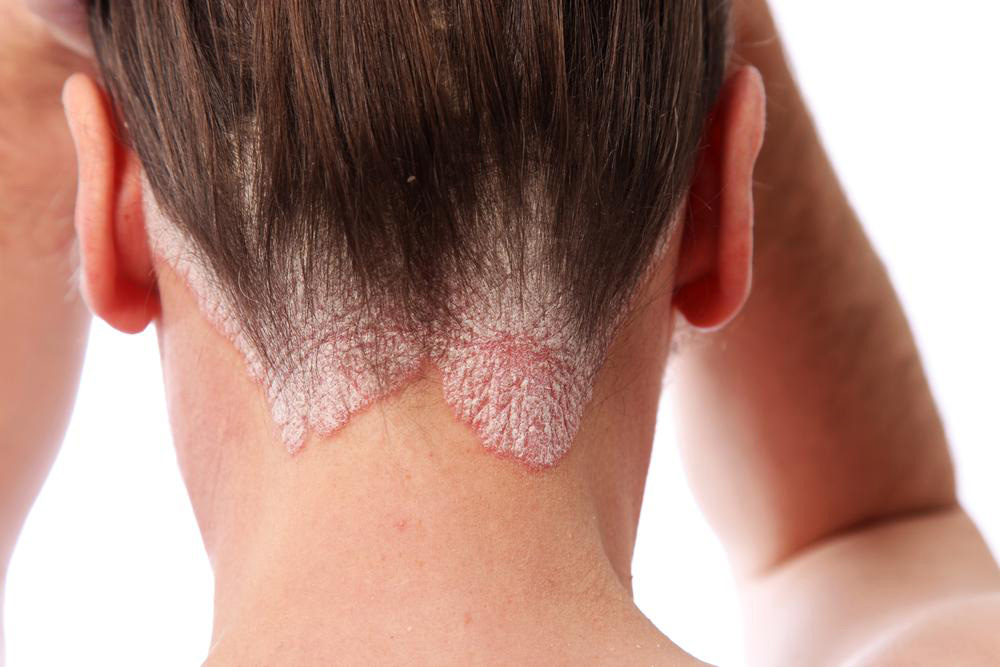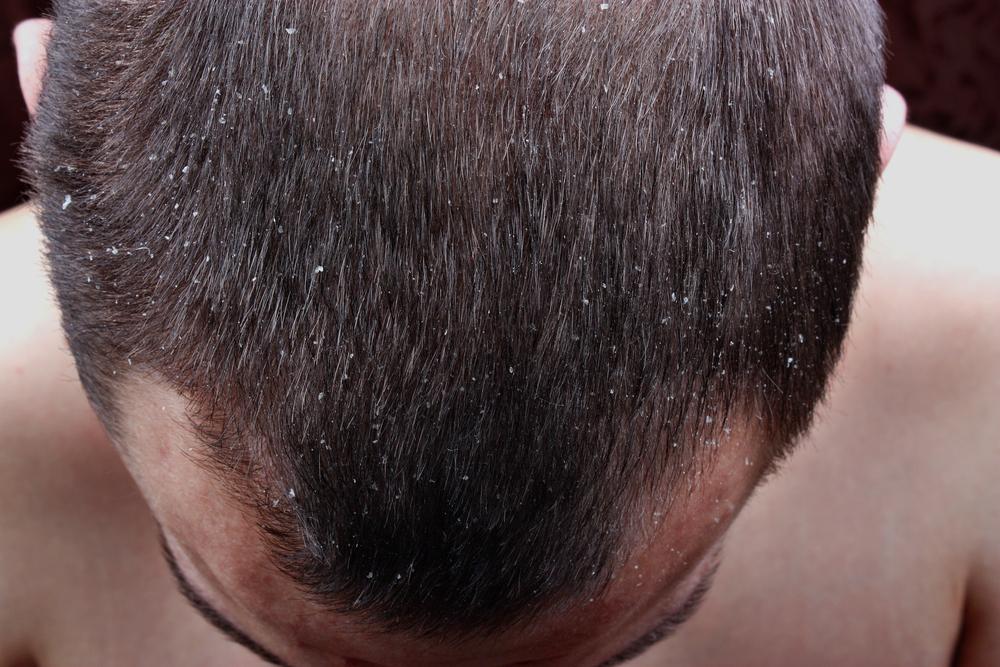Comprehensive Guide to Scalp Psoriasis: Symptoms, Causes, and Effective Treatment Options
This comprehensive guide explores scalp psoriasis, detailing its symptoms, causes, and various treatment options. It emphasizes the importance of proper diagnosis and highlights effective management strategies, including medicated shampoos, topical treatments, lifestyle changes, and when to seek medical advice. By understanding the condition fully, patients can better control flare-ups and improve their scalp health, leading to increased comfort and confidence.

Comprehensive Guide to Scalp Psoriasis: Symptoms, Causes, and Effective Treatment Options
Scalp psoriasis is a prevalent dermatological condition affecting a significant portion of the global population, estimated to impact approximately 2-3% of people worldwide. This chronic skin disorder is characterized by the appearance of itchy, inflamed patches on the scalp, accompanied by flaky, silvery scales that often resemble dandruff. However, scalp psoriasis tends to produce more intense discomfort and can significantly affect an individual's quality of life. Understanding the nature of this condition is essential for effective management and treatment.
At its core, scalp psoriasis results from an overactive immune response that triggers rapid skin cell production. Normally, skin cells grow and shed gradually, but in psoriasis, this process accelerates dramatically, leading to the buildup of thickened, inflamed patches covered with scales. These patches can sometimes extend beyond the scalp onto the forehead, neck, and behind the ears, impacting both appearance and comfort.
Recognizing the Symptoms of Scalp Psoriasis
The primary symptoms include persistent itching, redness, and the formation of silvery-white scales on the scalp. Patients often notice a sensation of burning or soreness, and in severe cases, hair loss can occur due to the inflammation and scratching. The scales are typically dry and flaky but may become crusted or adhered to the scalp. Some individuals may also experience discomfort when washing or combing their hair.
What Causes Scalp Psoriasis?
The exact cause of scalp psoriasis is not fully understood, but it is believed to involve a combination of genetic, environmental, and immune factors. Genetic predisposition plays a significant role, with a family history increasing the risk of developing the condition. Environmental triggers such as stress, infections (like throat infections), skin injuries, or certain medications can also contribute to flare-ups.
Additionally, environmental factors like cold weather, dry air, or harsh hair care products may exacerbate symptoms. Lifestyle factors such as high stress levels and poor diet can contribute to immune system imbalance, further triggering psoriasis outbreaks.
Diagnosis of Scalp Psoriasis
Dermatologists typically diagnose scalp psoriasis based on clinical examination of the scalp's appearance and texture. In some cases, a skin biopsy might be performed to distinguish it from other scalp conditions like seborrheic dermatitis or dandruff. Proper diagnosis is essential for effective treatment planning, especially as scalp psoriasis can sometimes mimic other dermatological issues.
Treatment Strategies for Managing Scalp Psoriasis
Managing scalp psoriasis involves a multifaceted approach, combining topical treatments, lifestyle modifications, and sometimes systemic therapies for severe cases. The primary goal is to reduce inflammation, alleviate itching, and control the formation of scales.
1. Specialized Medicated Shampoos
Medicated shampoos containing active ingredients such as coal tar, salicylic acid, ketoconazole, or zinc pyrithione can help reduce scaling and inflammation. Regular use of these shampoos can improve scalp health, diminish scales, and decrease itching.
2. Topical Corticosteroids
Strong or mild corticosteroid creams, ointments, or foams are often prescribed to suppress immune responses and reduce inflammation. These should be used under medical supervision to avoid side effects such as skin thinning.
3. Moisturizing and Soothing Agents
Applying natural remedies like aloe vera gel or coconut oil can soothe inflamed skin and hydrate dryness. Epsom salt baths are also effective in softening scales and alleviating itching.
4. Phototherapy
In some cases, ultraviolet light therapy (UVB treatment) offers significant relief by slowing down skin cell growth. This treatment must be administered in a controlled medical setting.
5. Lifestyle and Dietary Modifications
Stress reduction techniques, maintaining a nutrient-rich diet, and avoiding known triggers are vital. Foods rich in omega-3 fatty acids, antioxidants, and vitamins can support skin health. Adequate hydration and regular exercise are also recommended.
Prevention Tips and Self-Care
Individuals with scalp psoriasis should avoid scratching or peeling scales to prevent infections or worsening of symptoms. Gentle hair care routines, avoiding harsh chemical treatments, and using mild shampoos can minimize irritation. Managing stress through meditation, yoga, or counseling can help prevent flare-ups.
When to Seek Medical Advice
If symptoms persist despite over-the-counter treatments, worsen, or are accompanied by signs of infection (pus, increased pain, or swelling), consulting a dermatologist is crucial. Prescription medications or advanced therapies may be necessary for severe or resistant cases.
In summary, while scalp psoriasis can be a persistent and sometimes challenging condition, understanding its symptoms, causes, and available treatments enables effective management. With proper care, lifestyle adjustments, and medical guidance, individuals can significantly reduce discomfort and improve their quality of life.





